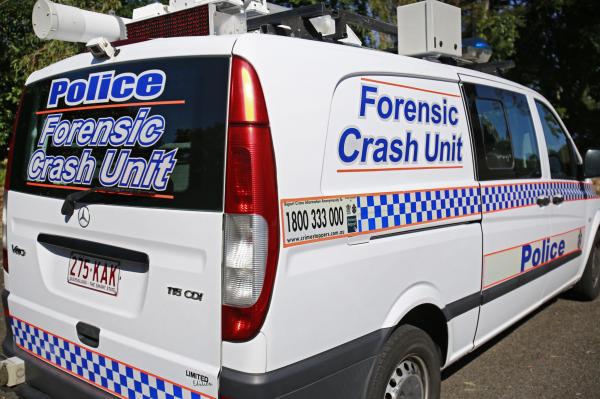
Despite ongoing efforts to educate road users about their role in reducing the devastating impact of road trauma, new research reveals Australians are continuing to undertake risky behaviours on the roads.
Released by the Australian Road Safety Foundation (ARSF) in the lead up to the 15th annual Fatality Free Friday initiative (28 May), the research found speeding remains by far the highest broken road rule, with 78 per cent of Australians admitting to being heavy-footed.
Surprisingly, females are more likely than their male counterparts to speed, with an alarming 81 per cent of female drivers admitting to the risky behaviour.
The findings also reveal that jaywalking is the second highest road law broken, which shows that it’s not just Australian drivers but also pedestrians who need to step up their road safety skills.
Worryingly, more than two-thirds of Australians admit to having broken a road rule, with a quarter of people doing so at least once a week.
When it came to the reasons for undertaking these potentially life-threatening behaviours, half of Australian drivers said it was due to inattention (50%), followed by the belief that it was safe to do so (30%).
ARSF founder and CEO Russell White said the research highlights the need for further education around the idea that it’s just drivers who suffer the consequences of road risk-taking.
“Tragically, 1,108 people lost their lives on Australian roads last year. The research shows that a frightening 84 per cent of road users falsely believe that drivers make up the majority of the road toll, when in actual fact more than half are passengers, pedestrians, cyclists and motorcyclists,” Mr White said.
Federal Member for Wide Bay, Deputy Speaker of the House of Representatives and Co-Chair of the Parliamentary Friends of Road Safety Llew O’Brien said road safety is everybody’s business.
“Every driver needs to be mindful of their responsibility to themselves, their passengers, other road users and the community, every time they get behind the wheel,” Mr O’Brien said.
“This worrying research shows anyone on the road – drivers, motorcyclists, cyclists and pedestrians – all need to take more care.
“Road trauma has far-reaching and lasting consequences for everyone involved – and motorists, road users, legislators, vehicle manufacturers and law enforcement each have a role to keep our roads and each other safe.”
The research has been released as the ARSF calls on individuals to #ChooseRoadSafety and demonstrate their commitment to reducing the road toll by taking the Fatality Free Friday pledge.
Taking the pledge means promising to always be fit to drive, stay focused on the road, scan the road ahead, keep a safe distance, and to drive in a way that suits the conditions.
Since its inception in 2007, Fatality Free Friday has grown to become Australia’s largest national community-based road safety program.
While the target is to have zero fatalities on Australian roads on Friday 28 May, the initiative is much more than just a single day, ultimately aiming for long-term community change.
To take the pledge, visit arsf.com.au/take-the-pledge/






